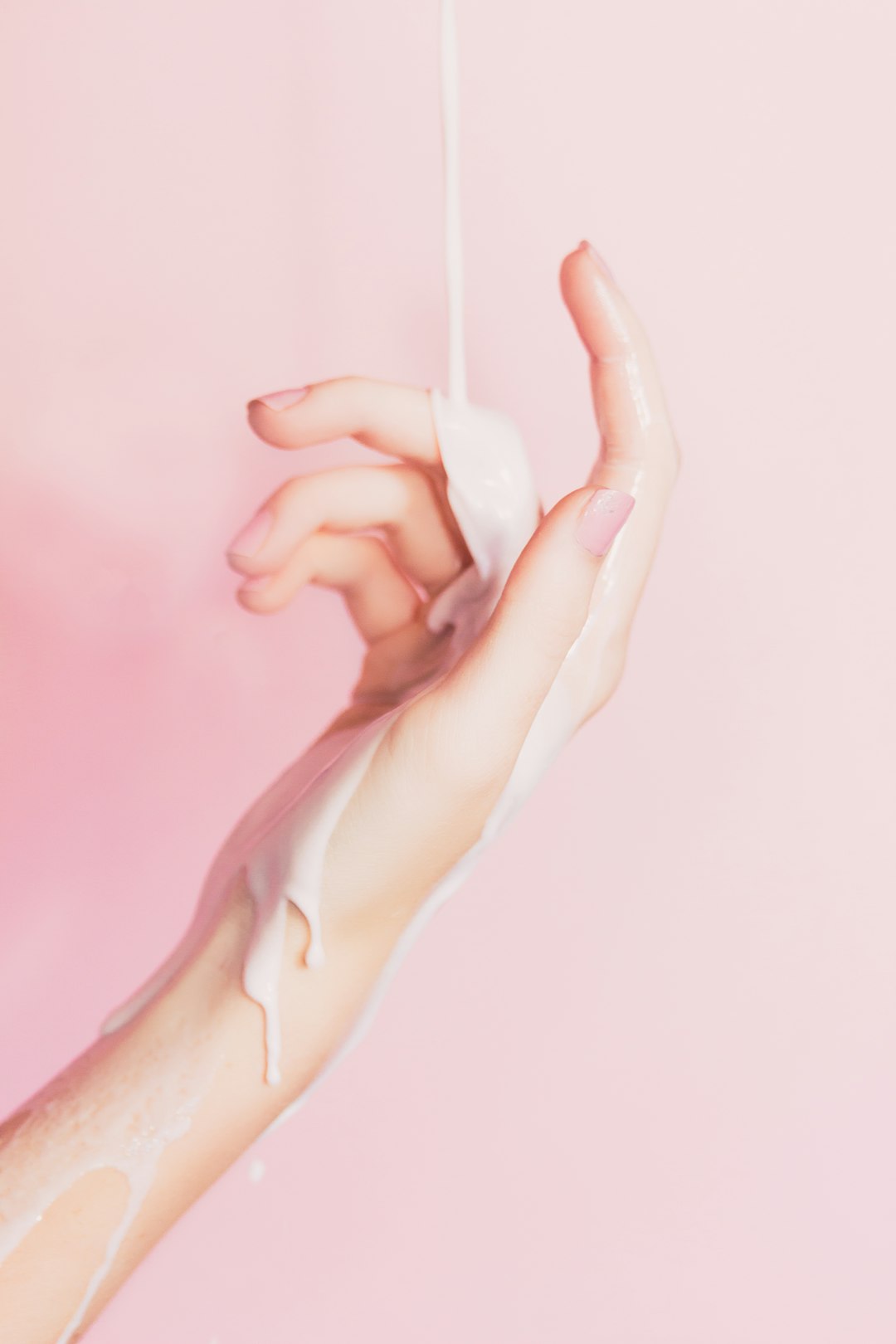Skincare is an essential part of our daily routine, but are you doing it right? Many of us make mistakes that can harm our skin instead of keeping it healthy and glowing. Here are five common skincare mistakes you are probably making.
1. Not Cleansing Properly
Cleansing is the first and most crucial step in any skincare routine. But are you doing it correctly? Many people don't cleanse their face thoroughly, leaving dirt, oil, and makeup residue on their skin. This can clog pores, leading to acne and other skin problems. Make sure to use a gentle cleanser that suits your skin type and massage it into your skin for at least 60 seconds before rinsing.

2. Over-Exfoliating
Exfoliating can help remove dead skin cells and improve skin texture. But over-exfoliating can do more harm than good. It can damage the skin barrier, leading to dryness, irritation, and even breakouts. Limit your exfoliation to once or twice a week and use a gentle exfoliator that suits your skin type.

3. Skipping Sunscreen
Sunscreen is a non-negotiable part of any skincare routine. UV rays can cause premature aging, dark spots, and even skin cancer. Make sure to apply a broad-spectrum sunscreen with at least SPF 30 every day, even on cloudy days.

4. Using Too Many Products
It's easy to get carried away with skincare products, but using too many can do more harm than good. Overloading your skin with products can irritate it and lead to breakouts. Stick to a simple routine with a cleanser, moisturizer, and sunscreen, and add other products only if necessary.

5. Not Drinking Enough Water
Skincare is not just about what you put on your skin; it's also about what you put in your body. Drinking enough water is essential for keeping your skin hydrated and healthy. Aim for at least eight glasses of water a day, and avoid sugary or caffeinated drinks that can dehydrate your skin.

Avoiding these common skincare mistakes can help you achieve healthy, glowing skin. Remember to be gentle with your skin, listen to its needs, and adjust your routine accordingly. And don't forget to consult a dermatologist if you have persistent skin problems or concerns.






